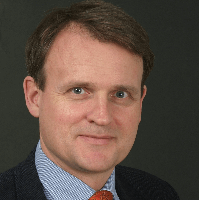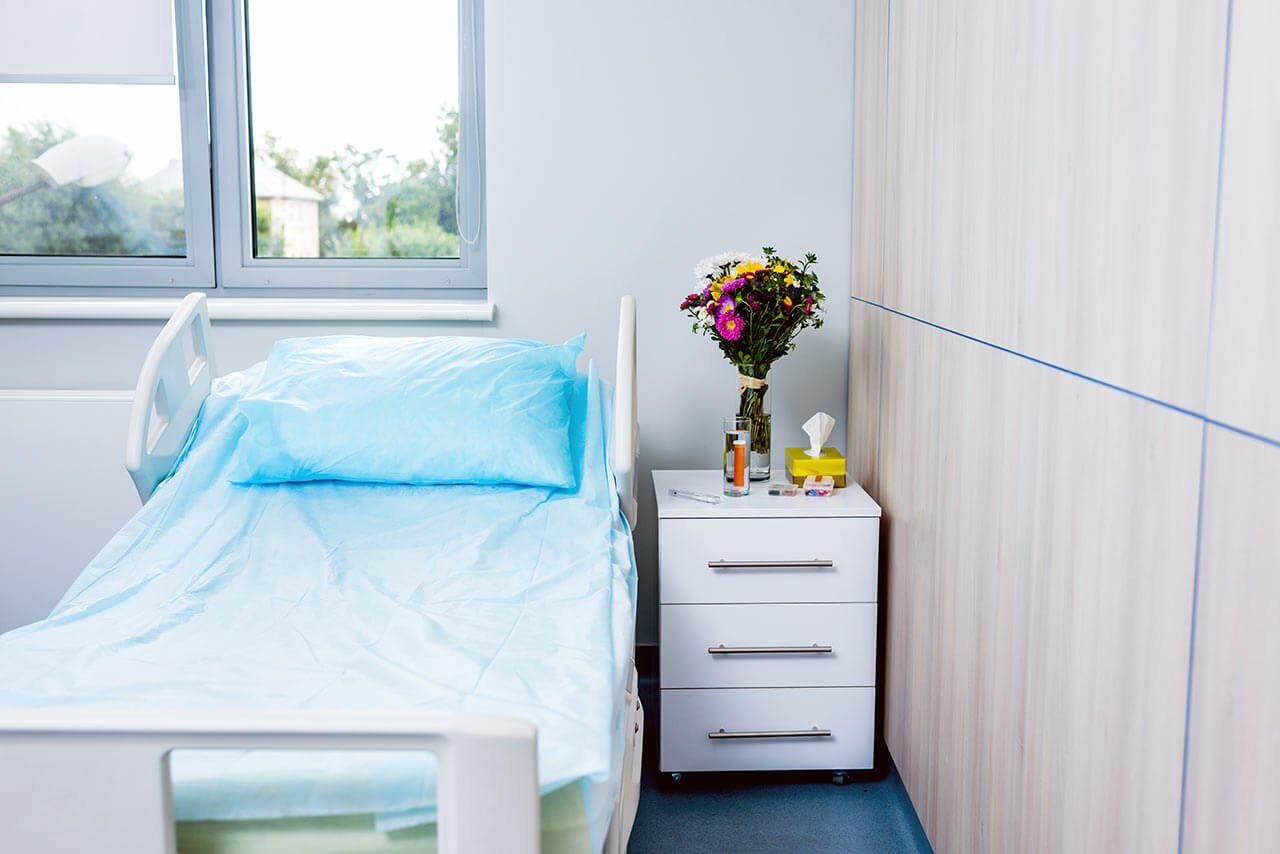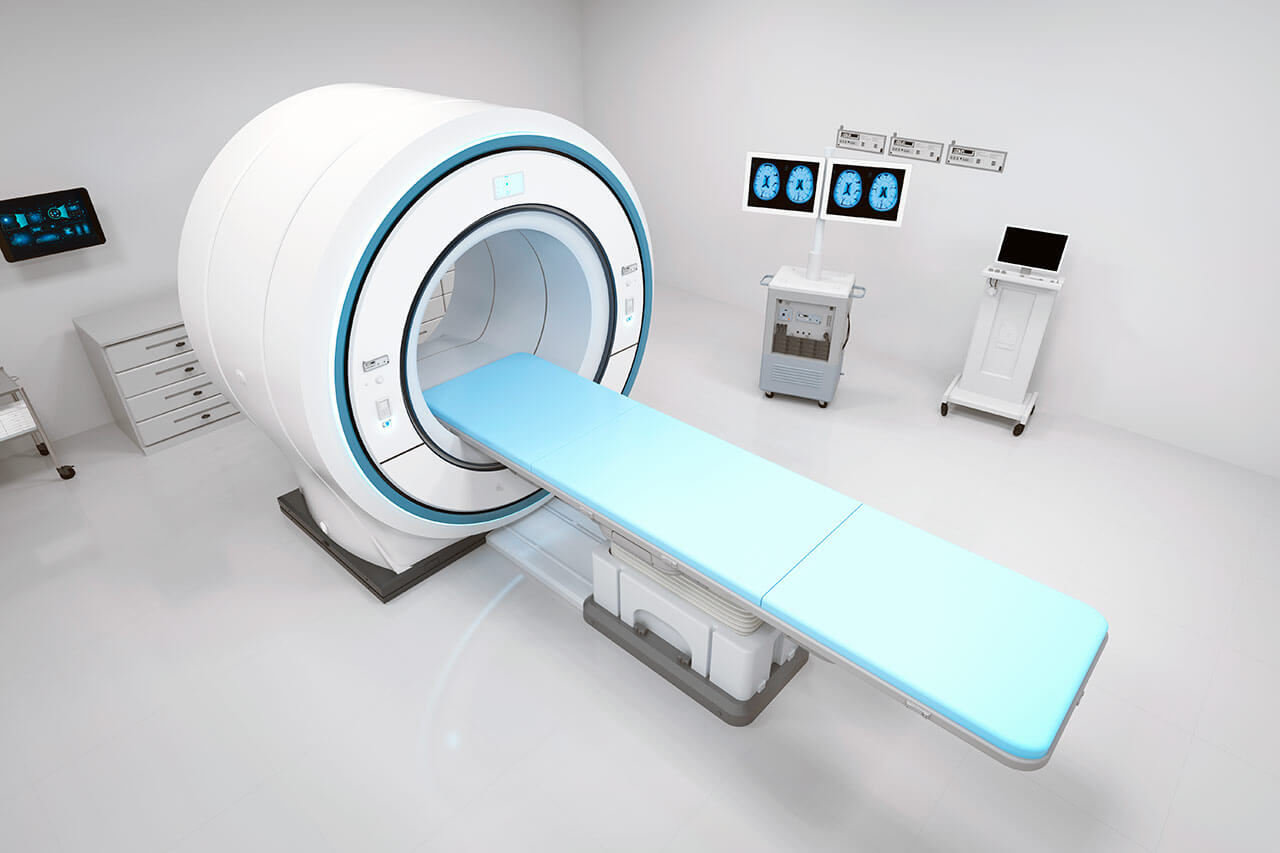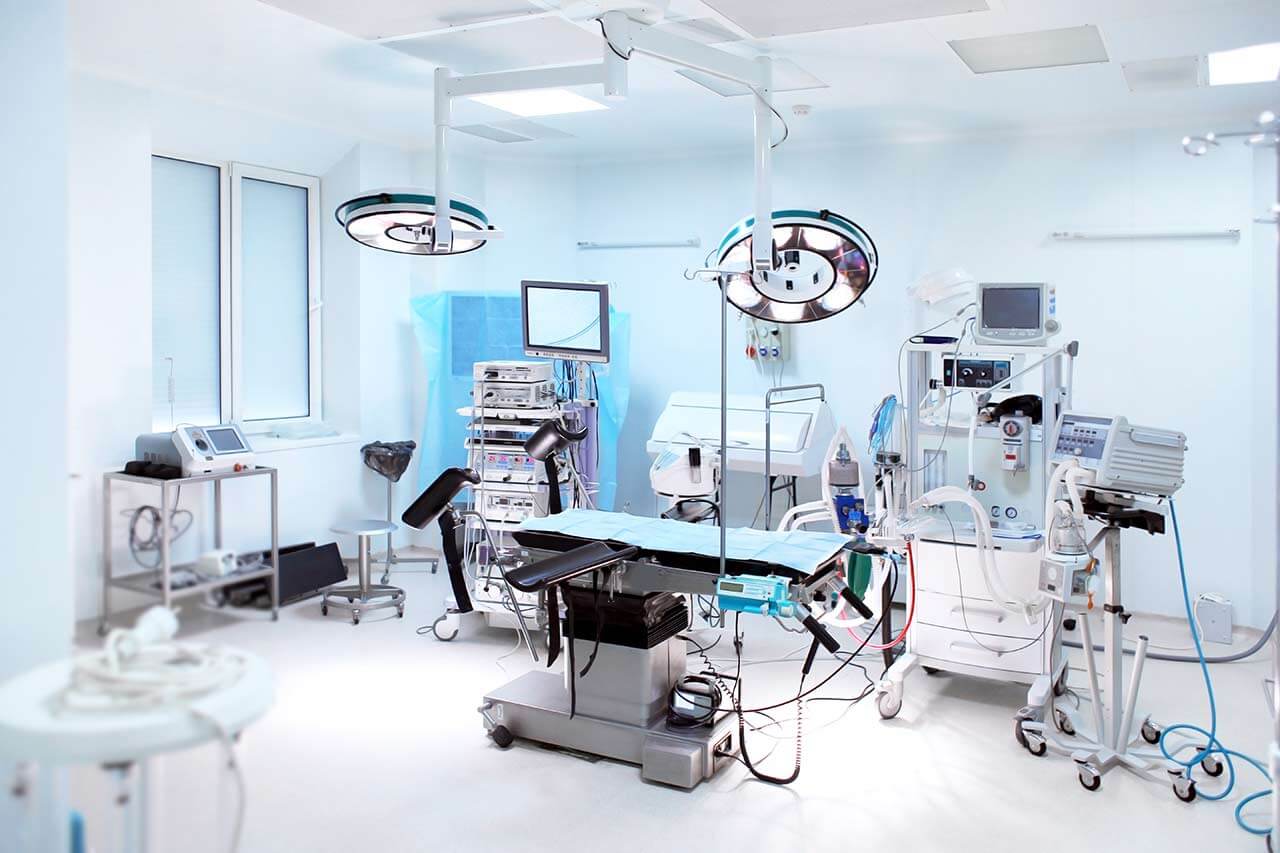
The program includes:
- Initial presentation in the clinic
- clinical history taking
- physical examination
- review of medical records
- laboratory tests:
- complete blood count
- general urine analysis
- biochemical analysis of blood
- TSH-basal, fT3, fT4
- tumor markers
- indicators of inflammation (CRP, ESR)
- indicators blood coagulation
- ultrasound
- CT/MRI scan
- preoperative care
- hotodynamic therapy (PDT)
- symptomatic treatment
- control examinations
- the cost of essential medicines and materials
- nursing services
- full hospital accommodation
- explanation of future recommendations
Required documents
- Medical records
- Photo of the affected body regions
- Biopsy results (if available)
Service
You may also book:
 BookingHealth Price from:
BookingHealth Price from:
About the department
The Department of Dermatology and Allergology at the University Hospital Giessen UKGM offers the full range of services for the diagnostics and treatment of skin diseases and skin manifestations of allergic reactions. The Chief Physician of the department is Prof. Dr. med. Thilo Jakob.
The doctors use modern examination and therapeutic measures to effectively treat these disorders. The focus is on the treatment of skin tumors (dermato-oncology), chronic inflammatory and autoimmune diseases and skin infections (including mycology), the treatment of allergies and occupational skin diseases, dermatologic surgery, dermatohistopathology, psychodermatology and therapy of venous disease (phlebology). Many pathologies are treated on an outpatient basis. The hospitalization is needed for the treatment of patients with severe skin diseases and if an extensive surgical intervention is required.
When selecting the treatment tactics, great importance is given to interdisciplinary cooperation with other departments of the university hospital, as well as close cooperation with partner hospitals from the region. The primary purpose of the department is to provide patients with modern medical services. At the same time the person with his individual needs and worries is at the center of all efforts.
One of the key focuses of clinical practice is the treatment of malignant skin tumors (certification of the German Cancer Society). The most common pathologies in this field include basal-cell carcinoma and squamous-cell skin cancer. One of the causes of skin cancer is the intense exposure of ultraviolet radiation, which can damage the genetic apparatus of skin cells. As a result, background precancerous conditions, so-called actinic keratoses, may develop. For the treatment of initial stages of skin cancer, there can be used such methods as imiquimod, hyaluronic acid, 5-fluorouracil, as well as photodynamic therapy, etc.
In addition, the department's dermatologists specialize in the treatment of aggressive skin tumors, such as melanoma, Merkel cell carcinoma, Kaposi's sarcoma and dermatofibroma. The first stage of treatment is the comprehensive diagnostics. Then, according to the results of the examination, the optimal therapy will be selected. The surgical resection of the tumor is mostly required. The radiation therapy can be used for the treatment of inoperable tumors or in patients with poor general health. It is very important to undergo regular follow-up examinations because of frequent occurrence of relapses and secondary tumors. The intervals between examinations depend on the specific situation, but should not exceed one year.
In the field of allergology, the focus is on the treatment of allergies to bee and wasp venom. In addition to detailed medical history taking, the doctors examine the specific IgE-antibodies in the blood and perform skin tests. The treatment of these types of allergies is carried out using specific immunotherapy (hyposensitization) as part of a two-day hospital stay. The department annually performs about 100 hyposensitization courses.
In addition, the department's allergists have excellent qualifications in the diagnostics and treatment of drug allergies, allergic contact dermatitis, allergic rhinoconjunctivitis and atopic dermatitis. For the patients with chronic spontaneous urticaria, the doctors carry out examinations for the detection of triggers and symptomatic therapy using Omalizumab. The department's unique offer is also the treatment of focal alopecia using local Diphencypron immunomodulator.
The service range of the department includes:
- Diagnostics and treatment of malignant skin neoplasms
- Dermatosurgery
- Resection of skin neoplasms
- Reconstructive surgery to repair skin defects, including flap surgery
- Resection of sentinel lymph nodes
- Surgical treatment of acne at all stages
- Surgical debridement of wounds
- Surgical removal of large congenital birthmarks (nevi)
- Surgical treatment of rhinophyma
- Diagnostics and treatment of allergic reactions
- Allergies to bee and wasp venom
- Drug allergies
- Allergic contact dermatitis
- Hay fever (allergic rhinoconjunctivitis)
- Atopic dermatitis
- Diagnostics and treatment of occupational skin diseases (for example, eczema, ultraviolet allergy)
- Diagnostics and treatment of autoimmune skin diseases
- Collagenoses (systemic scleroderma, systemic lupus erythematosus, dermatomyositis, mixed connective tissue diseases)
- Autoimmune bullous skin diseases (bullous pemphigoid, pemphigus vulgaris, mucous membrane pemphigoid, linear IgA dermatosis, epidermolysis bullosa acquisita)
- Vasculitides
- Psychosomatic dermatology
- Diagnostics and treatment of psoriasis
- Dermatological examinations
- Treatment within clinical trials
- Other medical services
Photo of the doctor: (c) UKGM - Universitätsklinikum Gießen und Marburg GmbH
About hospital
The University Hospital Giessen UKGM positions itself as an ultramodern medical facility with outstanding quality of medical care. The hospital presents almost all areas of medicine, ranging from ophthalmology to traumatology and dentistry. The priorities of the hospital’s activities include surgery, neurosurgery, oncology, nephrology with kidney transplantation and pediatric medicine.
The hospital is the third largest in Germany. Every year, more than 436,000 patients are treated in two locations of the hospital (Giessen and Marburg): 342,000 outpatients and 94,000 inpatients. The medical facility is the first privatized university hospital in the country.
The hospital staff is engaged not only in clinical practice, but also in research activities on the basis of the Faculty of Medicine at Justus Liebig University Giessen and Philipps University of Marburg, which contributes to a significant contribution to the development of modern medicine. During the many years of productive work on the development of new diagnostic and treatment methods, the hospital’s doctors managed to make many significant discoveries.
The hospital enjoys an excellent reputation in Germany and far beyond its borders. It managed to gain such credibility thanks to the high competence of doctors, advanced equipment, high-quality medical service and care.
Photo: (c) depositphotos
Accommodation in hospital
Patients rooms
The patients of the University Hospital Giessen UKGM live in comfortable rooms made in a modern design and light colors. Each room has an ensuite bathroom with shower and toilet. The standard room furnishing includes an automatically adjustable bed, a bedside table, a wardrobe, a table and chairs for receiving visitors, a TV, a telephone.
Meals and Menus
The patients of the hospital are offered balanced, healthy three meals a day: buffet breakfast, lunch and dinner. The private kitchen, certified according to DIN EN ISO 9001:2000, is responsible for providing patients with food and drinks.
If for some reason you do not eat all foods, you will be offered an individual menu. The hospital also has a cafeteria with a large assortment of hot and cold drinks, snacks and desserts.
Further details
Standard rooms include:
Television
All patient rooms are equipped with TV sets. If you have some questions, please contact medical personnel.
Religion
Religious services can be provided upon request.
Accompanying person
During an inpatient program, an accompanying person can stay with you in a patient room or in a hotel of your choice.
Hotel
During the outpatient program, you can stay at the hotel of your choice. Our managers will help you to choose the most suitable option.




